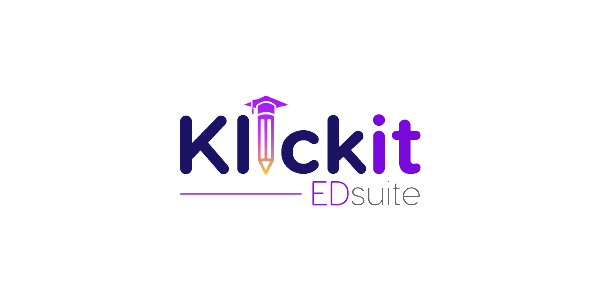Fintech, which stands for financial technology, has changed quickly in Egypt over the past few years.
As part of their efforts to modernize the financial industry and help more people get access to money, the Egyptian government and other groups have been pushing for the growth of the fintech sector.
Entrepreneurs work hard every day to come up with tech solutions that will make life better for people on Earth.
The people who started the fintech startup Klickit have the same goal.
Klickit was once called Q-Less. The idea came from four college graduates who took part in a tournament called the Emirates NBD UAE Future Intelligence Programme.
At the end of the challenge, Saeed Talaat, Hashim Ibrahim, Youssef Galal, and Walid Abou Elnour were chosen as the winners, which led to the birth of the startup in 2017.
Read also: Artificial intelligence will revolutionize education, says ChatGPT CEO
Klickit’s Unique Solution
Klickit is bridging the gap of having a hard time making payments for students in school through its B2B and B2C platforms. Taking away the need to leave work to wait in long lines at the bank to pay fees, Its platform offers a way to handle payments and fees that can be integrated with the websites of other businesses so that payments can be made through their own systems.
The solution also gives organisations 24/7 access to a wide range of payment options, giving parents numerous options for making tuition payments. Because Klickit’s automatic dashboards let them measure KPIs and metrics related to their payment systems, schools no longer have to collect a lot of data on students who have paid fees.
Partnerships and funding
“To earn the trust of millions of stakeholders for quicker, simpler payments for education.” There are fintech partners for the company. It started working with Paymob in November 2017 to give parents and teachers more payment options in schools in all regions.
The fintech’s Education Payment Hub was expanded with Banque Misr’s help. In 2022, KlickIt and Kiwe created a cashless school solution.
Klickit worked with EFG Hermes Corporation to offer capital expenditure leasing and factoring to its education provider network.
Through its strategic relationship with Kenyan fintech company DPO Pay, the startup went to East Africa last week to boost educational institutions’ payment handling.
To develop, every company needs money. Its first fundraising round was led by EFG Finance and Dfin Holding’s Camel Ventures in 2021. Klick It will use the cash to build and launch value-added services and improve its tech stack. In 2022, Microsoft’s GrowthX Accelerator programme for seed and Series A companies granted undisclosed financing.
NITDA, CISCO signs MOU to close digital skills gap in Nigeria
Growth of the platform
Since its start in 2017, the site has grown a lot. Klickit has over 1.5 million students in over 350 private schools and over 55,000 state schools.
According to its website, it has handled more than 2.5 billion Egyptian pounds worth of services. The startup wants to be “the first thing that comes to mind when it comes to educational payment services in the MEA region.”




